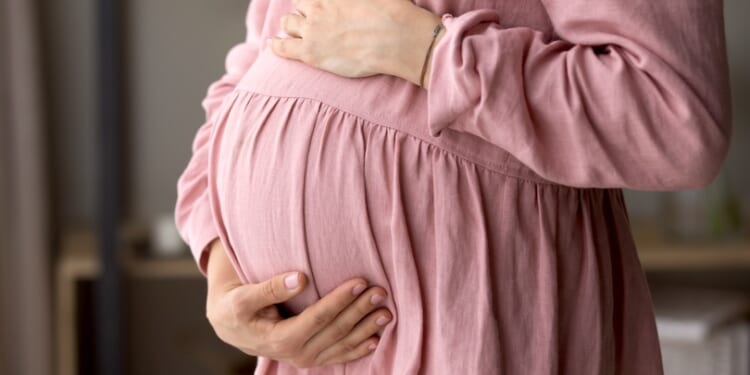(LifeSiteNews) — At 9:00 PM on Wednesday, November 12, legislators in South Australia voted against banning abortion after the child in the womb reaches 22 weeks and six days gestation, the point at which babies can routinely survive outside the womb. The youngest preemie to survive is Nash Keen, who was born at 21 weeks in Iowa on June 4, 2025.
ABC News reported that hundreds of pro-lifers gathered outside Parliament House Wednesday night to support the bill; an opposing rally hosted by abortion activists the previous week had attracted only “dozens of attendees.”
Eleven members voted of the state Parliament’s Upper House voted against the bill, and eight members voted for it. The bill had been put forward by Upper House MLC Sarah Game in September. Game is an independent MP formerly a member of the One Nation party.
“A lot of healthy babies are being denied a choice at life,” Game told the Legislative Council. She also warned her colleagues that late-term abortions were not a “rare event.”
The law, which pro-life academic Dr. Joanna Howe described as a measure to save “healthy babies,” would have amended the status quo which permits abortions after 23 weeks if two doctors state that the pregnancy is a “significant risk to the physical or mental health” of the pregnant woman. Game has told ABC News that those in “severe mental distress” should receive care under the Mental Health Act rather than a traumatizing late-term abortion.
READ: Pro-life group exposes Canada’s late-term abortion industry in undercover investigation
“Let’s be clear about what good medical practice looks like,” Games said when she first introduced the legislation. “In a genuine emergency, where a mother’s life is at risk – for example, with extreme pre-eclampsia, or even in non-emergency situations where her physical health is threatened – the safest and most effective treatment is to end the pregnancy by delivering the child alive.”
In the leadup to the vote, pro-abortion legislators pushed disinformation about pro-life laws; independent Member of the Legislative Council Tammy Franks claimed that “abortion bans are linked to rises in sepsis, infant deaths, and other health issues,” and that a law doesn’t “stop abortion, it just makes it unsafe.” In fact, countries with pro-life laws such as Malta, Poland, and Ireland prior to abortion legalization had significantly better maternal mortality rates than countries with legal abortion.
Additionally, Franks’ cruelly ironic claim that banning late-term abortion could lead to “infant death” ignores the fact that every single late-term abortion kills an infant—many of whom could have survived outside the womb.
In 2024, Liberal MP Ben Hood proposed a ban on abortion after 27 weeks and six days, suggesting that women who did not want their children could induce birth rather than killing them in the womb. That bill was rejected in October “after a three-hour debate”; Dr. Joanna Howe assisted in the drafting of that bill as well.
Hood voted for Game’s bill on Wednesday evening. “No-one in this chamber would doubt that my beliefs on this topic are firm,” he stated. “We do stand here today knowing viable babies have died [as a result of permitting late-term abortion].”
In fact, babies in Australia have been born alive after failed abortions and left to die. “In Queensland [in August 2024] a clinical mid-wife, Louise Adsett, has testified that aborted babies who are born alive in a Brisbane hospital are simply left to die,” Peter Barnes reported last year. “No medical care is given, nor any comfort. She records that one baby of over 400 grams gasped for breath, and had a palpable heart, and fought for his life for five hours before dying.”
Dr. Howe reported that between 2010 and 2020, about 328 babies were born alive and left to die.


















